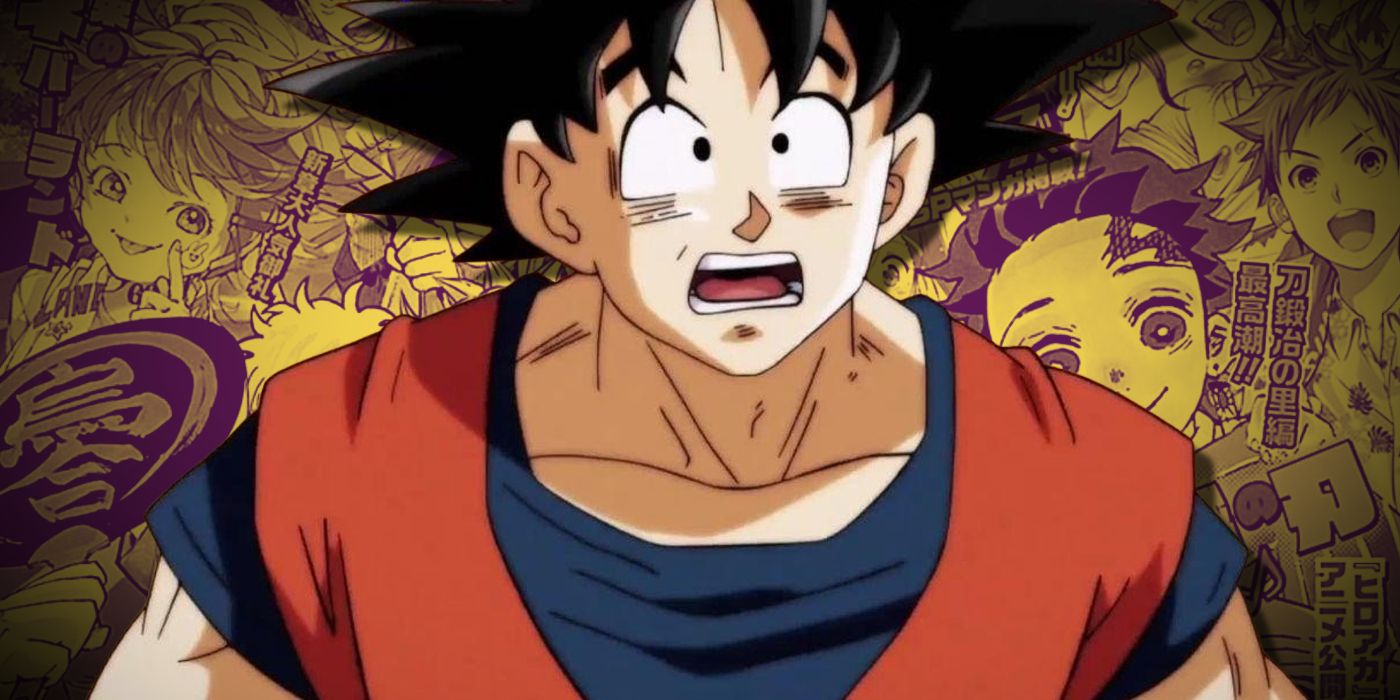Summary
- Key takeaways:
- Changes to Japan's Consumption Tax laws may lead to talent leaving the manga and anime industry, endangering studios and businesses.
- The new tax puts extra financial pressure on artists, assistants, voice actors, and other freelance workers.
- The law change is opposed by many in the entertainment industry, but registrations have been rising despite the dissatisfaction.
Japan instituted controversial changes to its Consumption Tax laws at the beginning of October which experts fear could lead to an expulsion of talent from the manga and anime industry. Artists, assistants, voice actors, and other freelance workers now face extra financial pressure. In a worst-case scenario, this may lead to one in four workers leaving the business, which may endanger many studios and businesses across the board.
According to a report from Anime News Network, Japan's Consumption Tax (JCT) will make invoices subject to income tax beginning this month. This effectively removes an informal exemption freelance workers and other small businesses had. Despite the entertainment industry protesting before that the change would lead to a multitude of lost businesses, the JCT change went through all the same. According to manga creator Reon Yutaka, 20.6% of manga creators who responded to a survey about the topic feared these changes would lead to bankruptcy. Last year, the advocacy group STOP! Invoice streamed a press conference filled with entertainment industry lobbyists who opposed the change.
One in Five Manga Artists Could Go Bankrupt Due to JCT Changes
The original JCT exemption was an arrangement that protected the day-to-day operations of businesses with less than 10 million yen in sales by providing a cushion; almost 60% of manga assistants make less than 2 million. The new JCT changes are aimed at collecting more taxes to improve the economy. Critics however see the alteration as a fatal blow to entertainment industries like anime and manga. Not only will the tax put extra pressure on the incomes of artists and assistants, but workers may also have to spend more to hire accountants to certify their statements.
Artists and assistants aren't the only ones threatened: 76% of voice actors have incomes below 3 million yen annually, and a third of them responded that the invoice tax could bankrupt them, while others briefed on the changes were told they would not be hired or given full pay without registering a taxable business. Filing invoices also means giving up on privacy, as real names are required and will be registered in a public database. This could also scare off artists who desire anonymity. Representative Yoshinori Suematsu said that nearly 5 million people could be negatively impacted by this law.
The law change is baffling, as surveys indicate most respondents rejected the proposition, including Suematsu and 55 other politicians. Despite that, registrations have been rising in response. Hiroshi Someya, director of planning for the taxation bureau, argued that adjustments to the law could come in future policies. The question is whether these adjustments will come in a timely fashion, or if politicians are willing to wait for the damage to set in before they make alterations. At any rate, increased taxes for a beleaguered workforce does not bode well for artists, assistants, and other freelancers who work in the anime and manga business.
Source: Anime News Network

